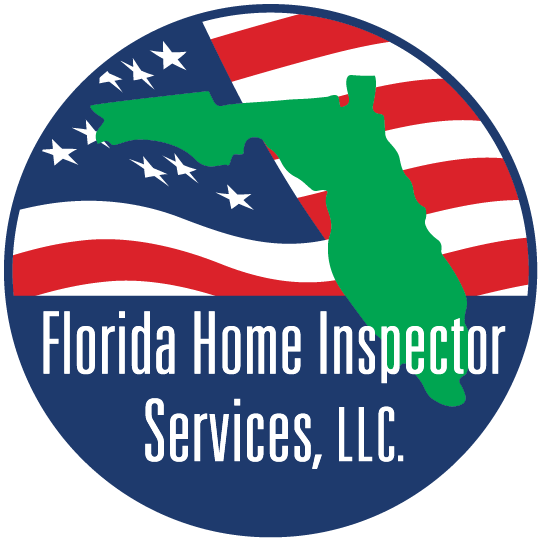-
Water Under Pressure: Why Temperature, Pressure, and Flow Matter for Safety and Comfort
"Water Under Pressure: Why Temperature, Pressure, and Flow Matter for Safety and Comfort"
an article by InterNACHI
Your home's water system delivers one of life's most essential resources, but the way it delivers that water can create serious safety hazards or everyday frustrations that most homeowners never think about until something goes dramatically wrong.
Water temperature poses the most immediate danger, especially for children and elderly family members. Water heated above 120°F can cause severe burns in seconds, yet many water heaters are set much higher. At 140°F, which is common in many homes, scalding burns can occur in just three seconds of contact. Young children and seniors with slower reaction times are particularly vulnerable to these life-threatening injuries.
The solution isn't just turning down your water heater. Anti-scald valves and thermostatic mixing valves can maintain safe temperatures at fixtures while keeping your water heater hot enough to prevent bacterial growth. These safety devices are required by modern codes in many areas but are missing from countless older homes.
Water pressure creates a different set of problems. Pressure that's too high—above 80 PSI—can damage fixtures, appliances, and plumbing connections, leading to leaks and premature failure of expensive equipment. High pressure also wastes water and increases utility bills. Pressure that's too low—below 40 PSI—makes showers unsatisfying and prevents appliances like washing machines and dishwashers from working properly.
Poor water flow often signals bigger problems lurking in your plumbing system. Clogged aerators and showerheads are easy fixes, but declining flow throughout the house can indicate corroded pipes, mineral buildup, or failing pressure regulators. These issues typically worsen gradually, so homeowners adapt to the declining performance without realizing something needs attention.
Water hammer—that banging noise when you shut off faucets quickly—isn't just annoying. It indicates pressure surges that can damage pipe joints and fixture connections over time, eventually leading to leaks inside walls where you can't see them developing.
Before water system problems affect your family's safety and comfort, get a professional assessment. A qualified home inspector can evaluate water temperature, pressure, and flow issues throughout your home, and provide you with valuable, unbiased information you need to make smart decisions.
The International Association of Certified Home Inspectors (InterNACHI®) trains inspectors to identify water system problems that affect safety and performance.
For a quick plumbing system and maintenance check on your home, contact your local InterNACHI® certified home inspector.
Safe, reliable water delivery isn't just about convenience—it's about protecting your family from burns, water damage, and expensive repairs.


